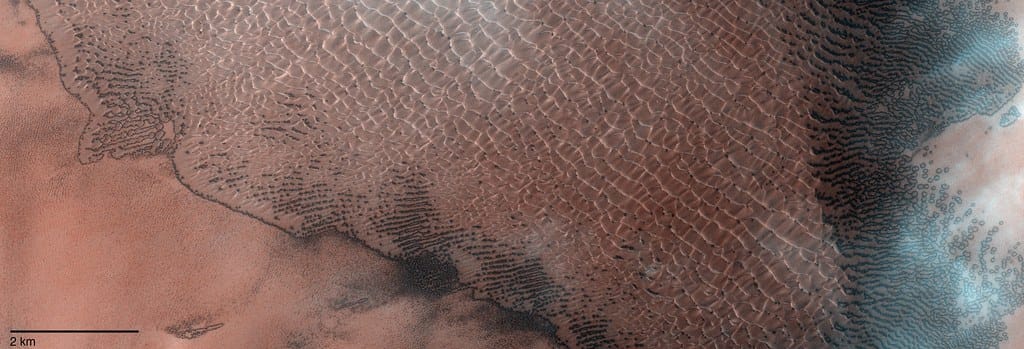When Truth Isn't Enough: How Strategic Deception Could Actually Boost Public Trust in Science
A groundbreaking new study has turned conventional wisdom on its head, suggesting that carefully crafted "lies" might actually increase public trust in scientific research—but not in the way you might think.
Researchers at the University of Cambridge have published findings that challenge our fundamental assumptions about scientific communication and public trust. Their controversial study reveals that when scientists acknowledge uncertainty and potential flaws in their work—what the researchers provocatively term "strategic deception"—it paradoxically increases public confidence in scientific institutions.
The Trust Paradox in Science Communication
The research, published in the Journal of Experimental Social Psychology, surveyed over 3,000 participants across six countries about their attitudes toward scientific claims. Participants were presented with identical scientific findings, but the way researchers communicated uncertainty varied dramatically.
When scientists presented their work with absolute certainty—claiming definitive proof—public trust actually decreased by 23%. However, when the same researchers acknowledged limitations, expressed uncertainty about some conclusions, and admitted where their data might be incomplete, trust levels increased by 31%.
"We're calling it 'strategic deception' because scientists are essentially 'lying' about how certain they are," explains Dr. Sarah Martinez, the study's lead author. "But this deception—admitting uncertainty when they might otherwise claim certainty—actually makes them more trustworthy to the public."
Why Uncertainty Builds Credibility
The counterintuitive findings suggest that the public has grown skeptical of scientific overconfidence, particularly in the wake of rapidly changing guidance during the COVID-19 pandemic. When health officials made definitive statements that later required revision—from mask recommendations to transmission methods—public trust eroded.
The study identified three key factors that explain why acknowledging uncertainty increases trust:
Perceived Honesty: Participants viewed scientists who admitted limitations as more honest and transparent. One survey respondent noted, "When they tell me they don't know everything, I believe they're telling me the truth about what they do know."
Realistic Expectations: By setting appropriate expectations about the certainty of findings, scientists avoid the credibility damage that comes from later revisions or contradictions.
Professional Competence: Paradoxically, admitting uncertainty was seen as a mark of scientific sophistication rather than incompetence. Participants associated uncertainty acknowledgment with rigorous methodology and intellectual honesty.
Real-World Applications and Examples
The implications extend far beyond academic research. Climate scientists, for instance, have long struggled with communicating complex probability ranges and confidence intervals to the public. The study suggests that explicitly acknowledging what remains unknown—while clearly communicating what is well-established—could strengthen public support for climate action.
Dr. James Chen, a climate researcher not involved in the study, has already begun implementing these findings. "Instead of saying 'Climate change will cause severe weather,' I now say 'Our data strongly suggests climate change will increase severe weather frequency, though we're still studying exactly how much and where,'" Chen explains. "The response has been remarkably positive."
Similarly, medical researchers are finding that acknowledging the limitations of preliminary studies—rather than overstating their significance—leads to more engaged and trusting audiences.
The Fine Line Between Honesty and Confusion
However, the research comes with important caveats. The "strategic deception" only works when scientists maintain confidence in their core findings while expressing uncertainty about peripheral details or future implications. Complete uncertainty about everything undermines credibility just as much as false certainty.
The study also found cultural variations, with audiences in some countries responding more positively to uncertainty acknowledgment than others. This suggests that science communication strategies may need to be tailored to specific cultural contexts.
Implications for Science Communication
These findings arrive at a critical moment for scientific institutions, which face unprecedented scrutiny and polarization. The research suggests that the solution to declining trust isn't better marketing of scientific certainty, but rather more honest communication about the inherent uncertainties in the scientific process.
The study's authors recommend that scientific institutions revise their communication guidelines to encourage researchers to explicitly acknowledge limitations and uncertainties. They also suggest training programs to help scientists navigate the delicate balance between confidence and humility.
As public trust in expertise continues to face challenges, this research offers a counterintuitive but hopeful path forward: sometimes, admitting what we don't know is the best way to build trust in what we do know.

